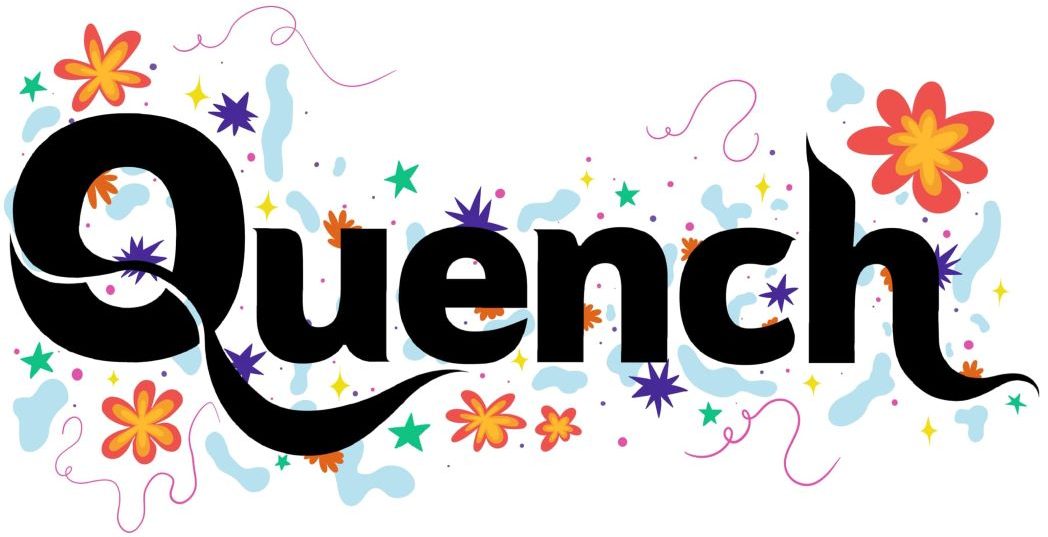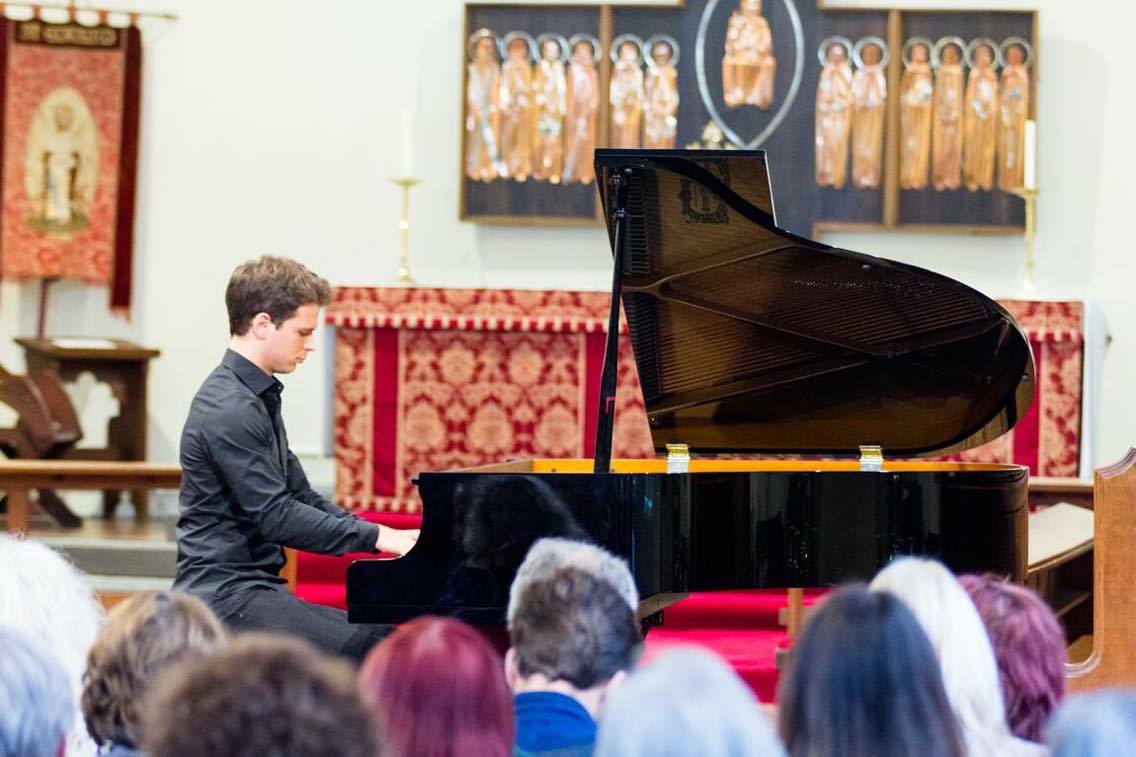Alexandre Pr├®vert takes the audience of the Church of St. Edward through a journey of music and poetry.
ÔÿàÔÿàÔÿàÔÿàÔÿå
By Andrea Gaini
The duo, music and poetry, is a very powerful one. The first clears up your mind of any thoughts and worries filling it with peace and tranquillity. The second stimulates your neurons to look at the world through the eyes of the writer and, for the length of the poem, have a whole different view of things. Alexandre Pr├®vert, a young French pianist, blends these two forms of art in a one-man show that heÔÇÖs been taking around France since early April and itÔÇÖs now travelling around the United Kingdom. Last Friday night, Mr. Pr├®vert took the stage of the St. EdwardÔÇÖs Music and Arts Centre of Cardiff for another great performance of his show.
At 19:30 sharp Alexandre enters the scene with his coat on, a hat on his head and a scarf around his neck as if he just came back from a walk in the cold winter. He opens the show with a poem by Jacques Pr├®vert, ÔÇ£The Barrel-OrganÔÇØ, which represents the homicide committed by those who claim to play an instrument but never really play music. After this brief humourist introduction, which starts the show on a positive note, Alexandre is ready to start his journey through three hundred years of music and poetry.
If the language, as he admits at the beginning of the show, represents a bit of an obstacle, when Mr. Pr├®vert puts his fingers on the piano the entire room falls into a liturgical silence, with eyes well-set on the movements of his hands and ears cuddled by the beauty of the music of the best composers the world has ever seen. He opens the concert with the music of Mozart; a mixture of joyful and shady notes that in the end resolves on a suave sound that often recurred during the entire piece.
After having visited the streets of MozartÔÇÖs beloved Vienna, our journey proceeds to Hungary with Franz Liszt, and then France with Ravel and a very brief visit to Stravinsky in Russia. There, Alexandre guides us through the story of Prince Ivan and the music of the Firebird which was the breakthrough piece in StravinskyÔÇÖs music career.
At this point, Mr. Pr├®vert brings in two very contrasting topics: love and death. The former is described through the words of Lord Byron in the poem ÔÇ£She Walks in BeautyÔÇØ, which highlights the beauty of his loved one, or as Alexandre says, ÔÇ£his loved onesÔÇØ. The music of Debussy and Kurt├íg is the transcription of this beauty which is light and kind, but from time to time can also be strong and authoritative. The French pianist recites the lyrics of the requiem ÔÇ£In ParadisumÔÇØ, which introduces the theme of death, however in a very hopeful and bright way. In fact, the music of Faur├® is an accompaniment of the dead towards Heaven and aims to celebrate the greatness of the person and their journey in life.
The very last part of the show is characterised by two leaps: one forward, with the piece ÔÇ£SummertimeÔÇØ by George Gershwin which fast-forwards the story to the 1950s. The second one is a leap backwards with a cantata by Bach, written in 1700s, which ends the concert.
When he walked on stage, Mr. Pr├®vert said that he wanted to take the audience on a journey through the history of music. A very difficult goal for a twenty-year-old pianist, Alexandre, however, succeeded in conquering the hearts of his audience and having them focused on his words and his music. A simple setting consisting of a piano, a table and a chair was turned into a time machine by the young pianist who not only is a great musician, but also brave enough to embrace his dreams and make them come true.




